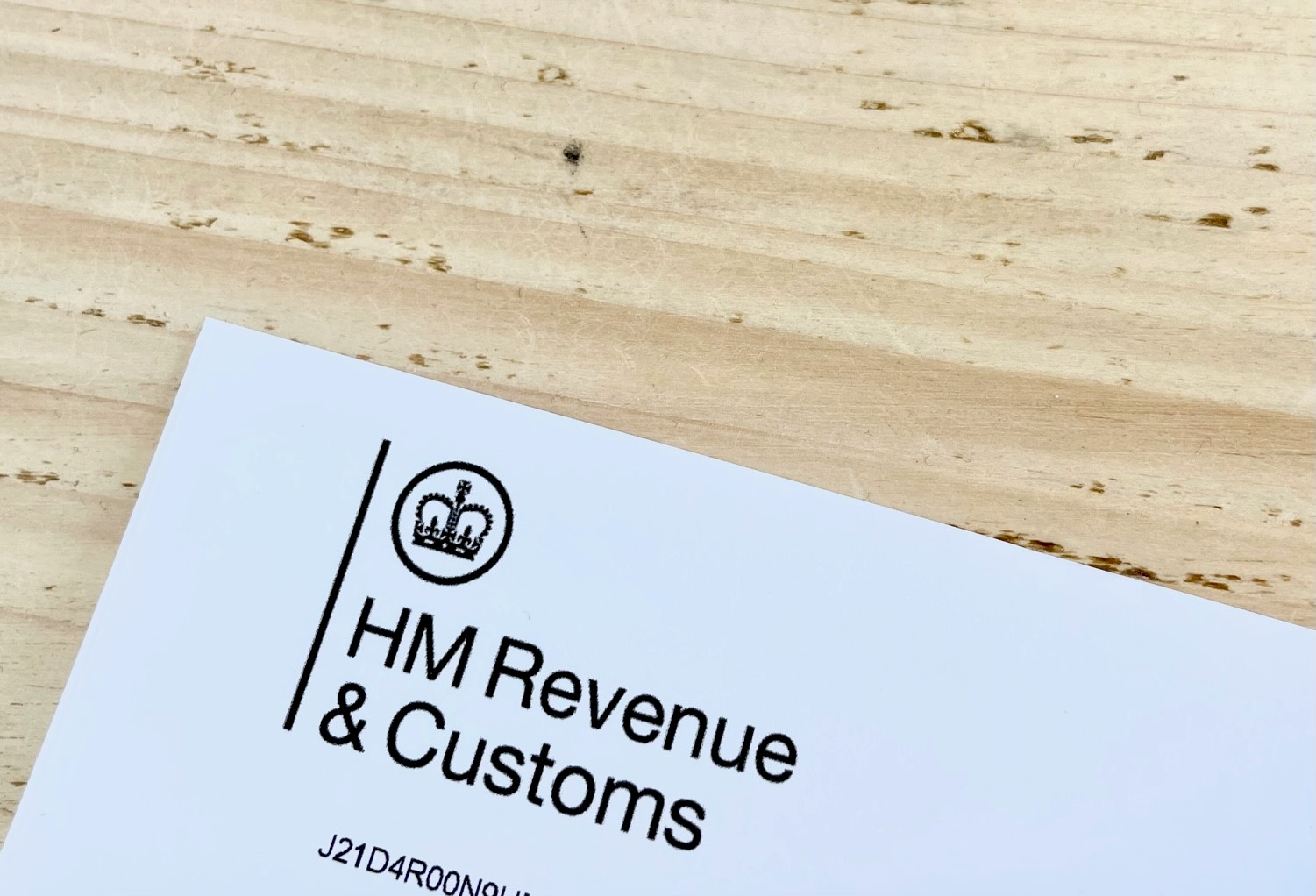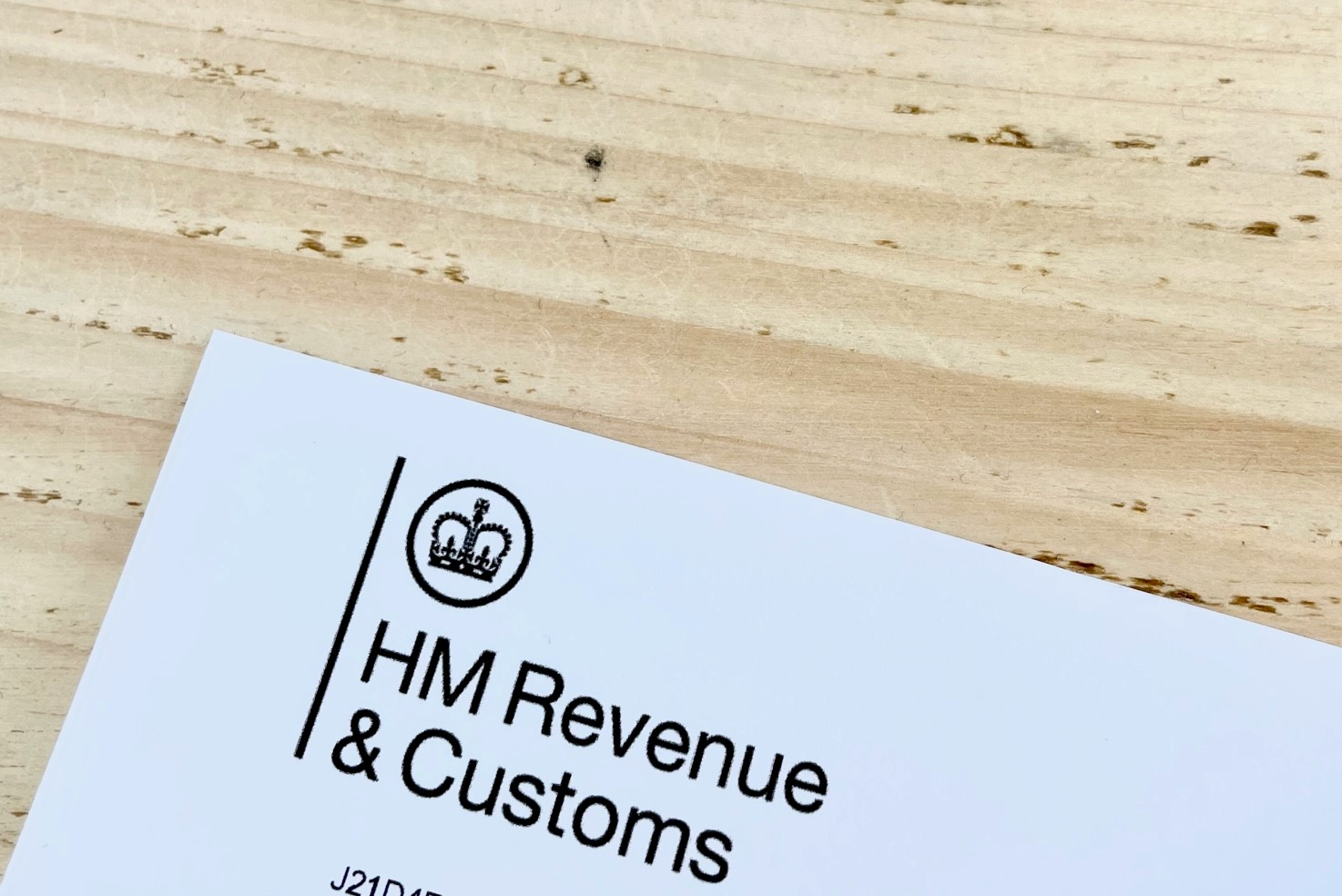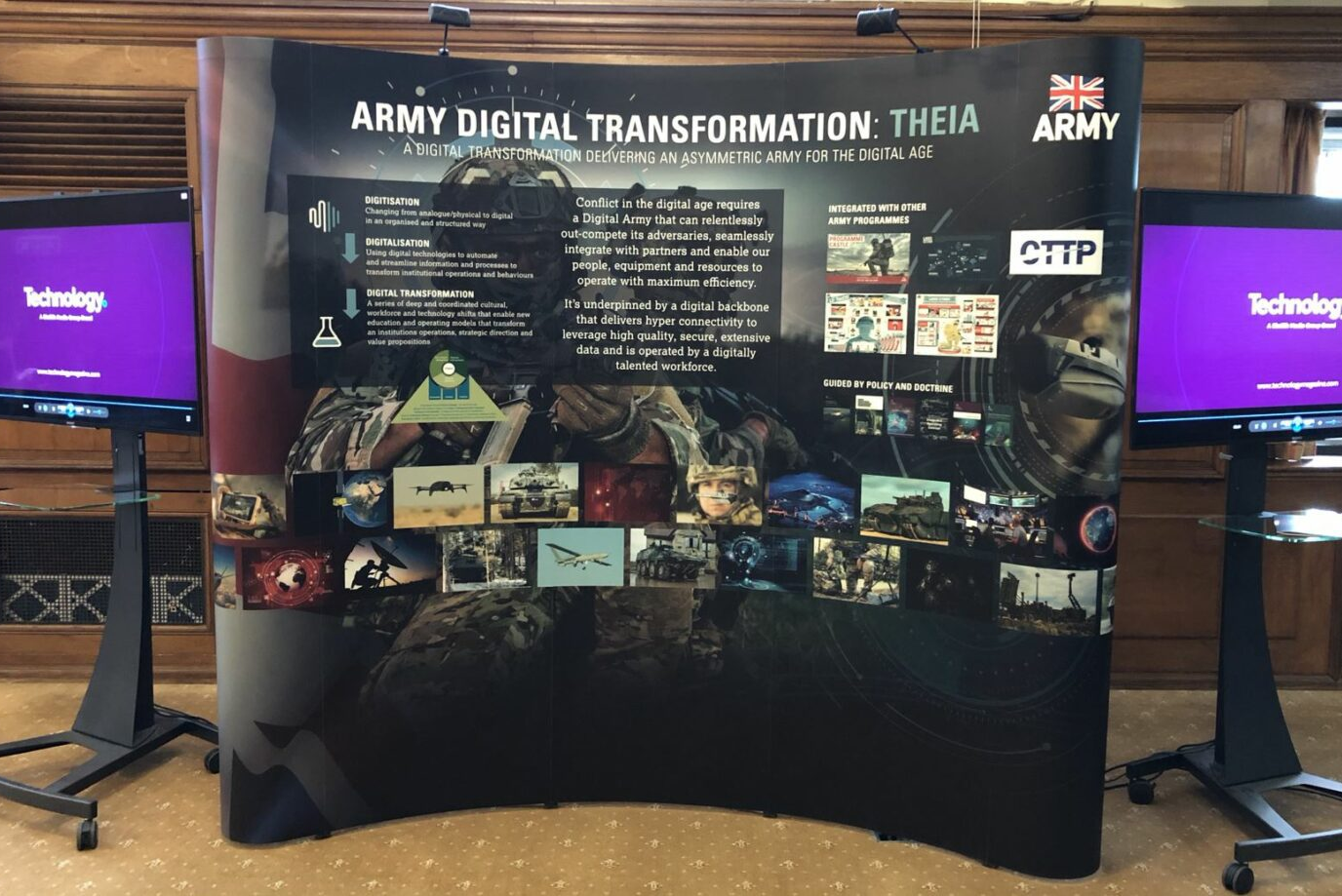IR35 compliance – 2021, a year of reform
In what has been a turbulent and unpredictable year, we can all be forgiven for moments of uncertainty.
However, when it came to the Off-payroll reforms, finally introduced into the private sector in April, there was an unerring certainty about HMRC’s actions.
Amid calls for a further deferral or even a complete u-turn and retraction of the reforms, HMRC remained steadfast in its determination to push through the legislation, albeit with a soft introduction.
The overall consensus was that engagers, contractors, agencies and all of those businesses within the temporary labour supply chain had received the benefit of an extra twelve months to prepare for the changes.
Although some would reasonably argue that the pandemic had distracted preparations and taken priority, the calls fell on deaf ears, and the legislation came into effect on the 6th of April.
So what have we learned?
What have we learned?
In the nine months since the introduction of the reforms, we’ve heard many stories, thoughts and ideas around how best to respond to the IR35 legislation changes. In many cases, engagers have taken an ultra-cautious approach with their new responsibilities and liability.
Umbrella companies have stepped up their pitch to promote their offering as an IR35-free solution, and contractors have had to make career and lifestyle choices that were often unwelcome or unwanted.
These reactions were not entirely unexpected, but perhaps the biggest surprise has been the number of stories and examples of businesses that remain unprepared or uncertain about the legislation.
The government confirmed a soft introduction, promising no fines or penalties on genuine errors for the first twelve months of the legislation, perhaps giving engagers a sense of security and a safety net from which to preach ignorance.
However, the critical point of the soft landing is the reference to genuine errors. Given HMRC’s guidance notes on responsibility and reasonable care, genuine errors appear quite a narrow channel that leaves a lot of other areas open to challenge.
Engagers who have made blanket statements or outsourced determination processes to avoid IR35 liability should seriously reconsider their actions to ensure they have genuinely mitigated any risk.
The soft landing is unlikely to stretch as far as protecting against complacency or ignorance.
Furthermore, we have learned more recently of HMRC’s post-reform requests for information. While the requests initially focused on determination processes, compliance and contractor numbers, subsequent interviews have led us to believe that examining the broader supply chain is highly likely.
This would likely include agencies and umbrella companies, meaning that engagers could be held responsible or deemed complicit if tax avoidance schemes are unearthed within the supply chain.
With a plethora of other tax legislation at its disposal, the Off-payroll legislation could just be a Trojan horse that HMRC will use to assess the broader temporary labour supply chain. This is particularly relevant to engagers that have forced contractors down the umbrella route.
What next? IR35 in 2022 and beyond
Compliance and care must be the keywords for engagers as we approach 2022 and beyond.
Based on the direction of HMRC’s post-reform investigations, we strongly recommend that supply chain management and due diligence become an integrated part of engagers BAU for 2022 thereon.
Given the economic impact of the pandemic over the last two years, tax avoidance is undoubtedly going to be high on the government’s agenda.
Moving contractors to umbrella models purely to avoid the Off-payroll legislation may, in hindsight, appear to be a jump from the frying pan straight into the fire.






